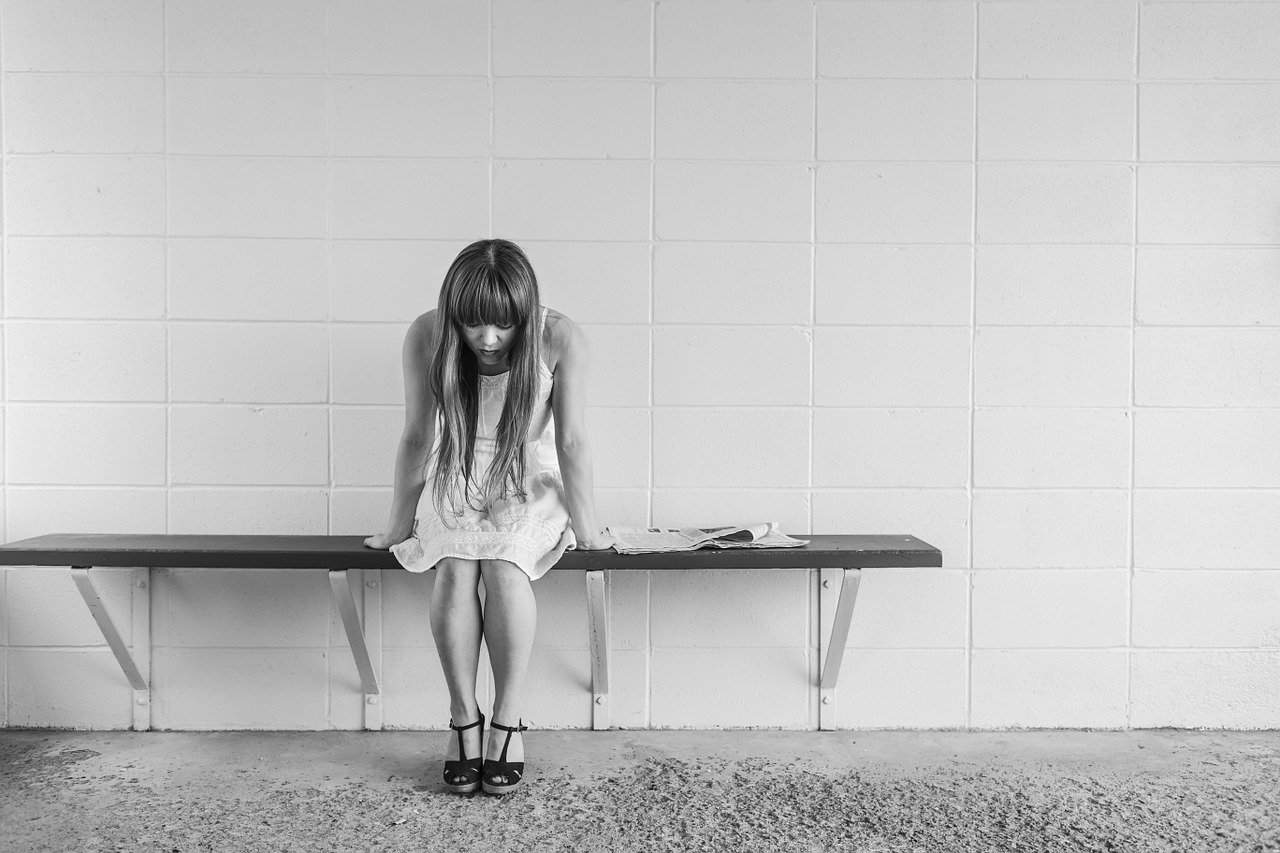Dialectical behavioral therapy (DBT) is a type of treatment that helps people understand their negative thinking patterns and change the way they cope with problems. For many people, it’s an excellent way to start making positive changes in their life, whether they are dealing with mental health issues or addiction or both.
Who Uses DBT?
DBT is often used for people who self-harm or have other self-destructive patterns they want to change. People who can benefit from DBT include people with a borderline personality disorder or those with suicidal tendencies. It’s often a form of therapy that counselors will choose for people with “tough problems,” including co-occurring disorders, such as PTSD and addiction.
Many people live with compulsions as a symptom of their mental health disorders. For some people, this might be using drugs. For others, they may punch a wall when they’re angry or even practice cutting their skin.
DBT can help them begin to break these patterns and feel better about their choices and lives. The term “dialectical” means bringing together both acceptance and change into the picture. Once a person learns acceptance, they can change their life for a better and quit taking their negative emotions out on themselves. Through the process, they can learn to build better self-esteem and a more positive outlook on life.
How Does DBT Work?
People who are participating in DBT commit to doing the legwork that it requires. Their therapist will probably give them new coping techniques and at-home assignments to practice challenging their thinking and reactions in healthier ways.
The work of DBT is designed to help clients learn to tolerate negative emotions and be less impulsive or reactive when they’re upset. They will learn to recognize their feelings before they are drowned in them and work toward better and safer stress reduction than their impulses suggest. (For example, going for a run instead of punching the wall.)
Longer-term results of DBT have been studied. People with borderline personality disorder who participate in it tend to be less suicidal, be hospitalized less, and lead more fulfilling relationships.
Getting Help
Are you or somebody you love struggling with mental health or substance abuse problems? Getting help can help you live your best life. We offer many modalities of therapy to help you reclaim your life and heal. We’ll help you discover what type of help you need and the best way to make sure you get it. Contact us to learn more about our therapy and programs.




